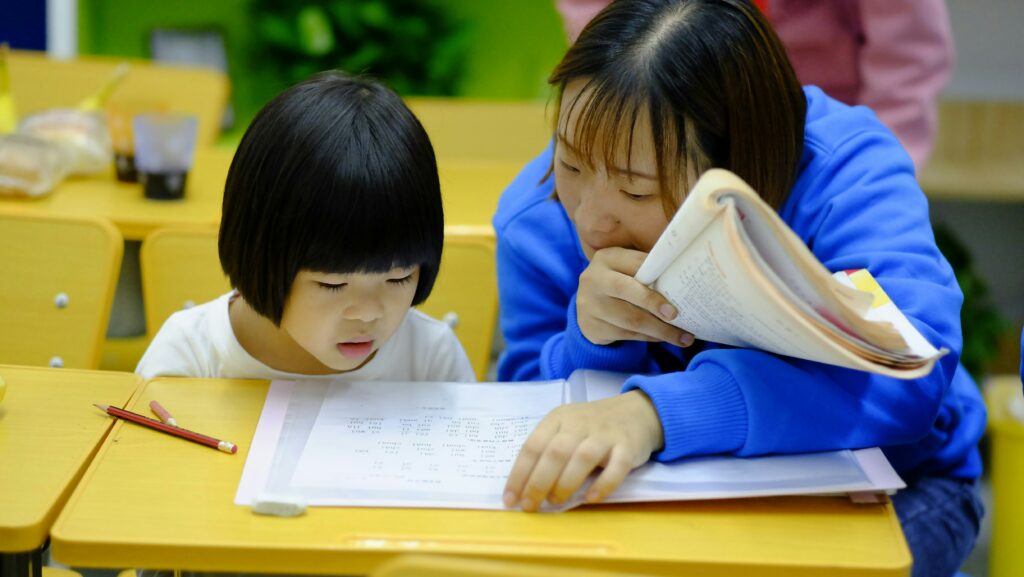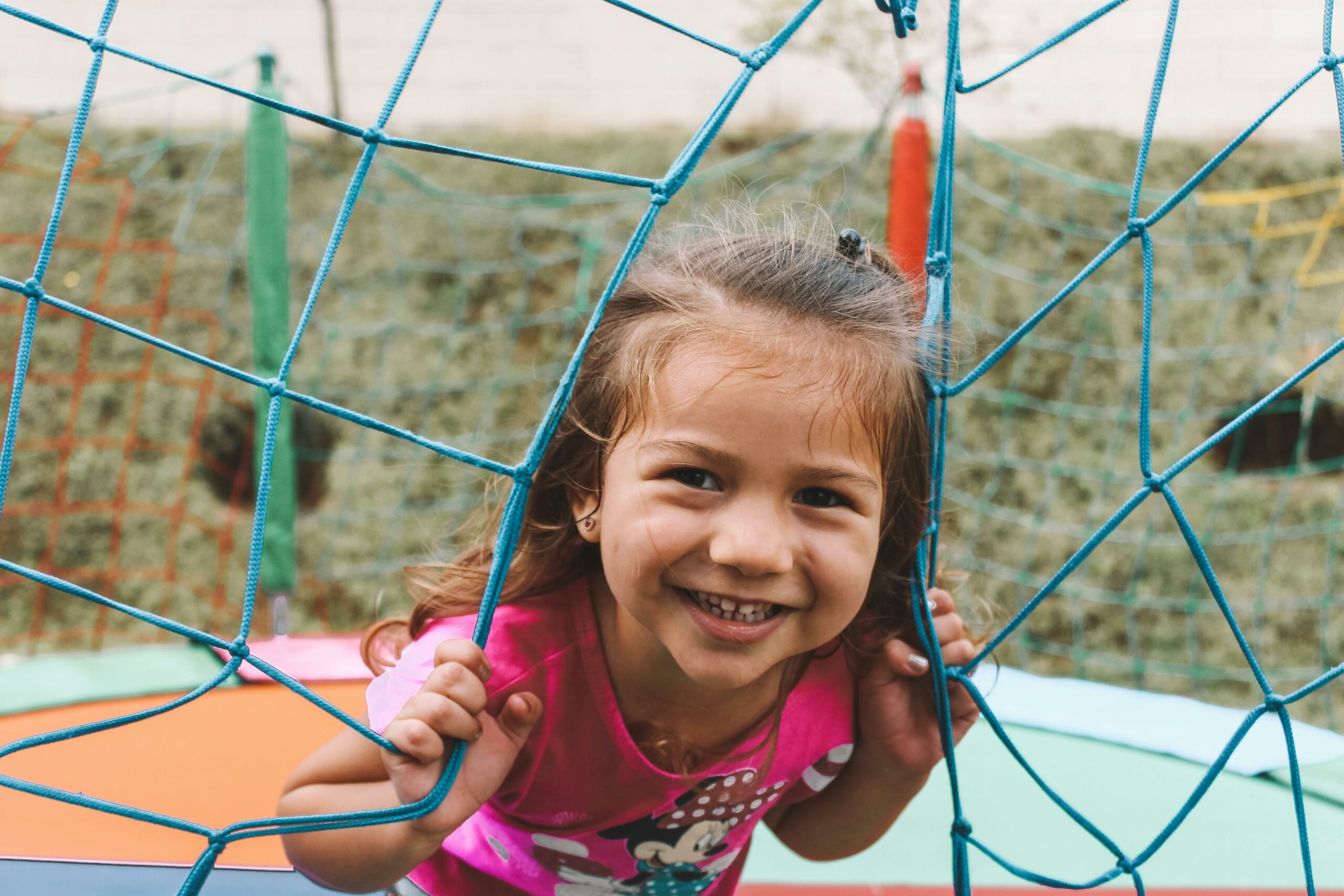
Academic Milestones are key academic skills that students need to develop at each grade.
The literacy milestones are critical literacy skills that build on each other and prepare students for achievement in the next grade and beyond.
These literacy milestones are based on California grade level standards and are applicable for a child at any school.
(by Halloween)
Click on the name of the reading skill below each milestone to learn more and find activities and resources.
(the, a, I, to, and, was, for, you, is, of)
(by Valentine’s Day)
Click on the name of the reading skill below each milestone to learn more and find activities and resources.
(short vowels: /a/ as in CAT, /e/ as in PEN, /i/ as in BIG, /o/ as in HOT, /u/ as in FUN)
(by Summer Break)
Click on the name of the reading skill below each milestone to learn more and find activities and resources.
(What is the first sound in “win”? First sound /w/; What is the middle sound in “win”? Sound /i/)
(Such as fish, chin, that, and when)

By the end of the school year (Spring), your child can talk about what they like and dislike, and why, when prompted. They use pronouns, like "I", "you", "we", and "they," and some plurals, like "cars", "dogs", "cats," and they are able to combine two or more thoughts into one spoken sentence.
Watch these videos to learn what Kindergarten students should be able to do by the end of the year.
To watch videos with subtitles: Click the settings icon in the lower righthand corner, next click “subtitles,” and then “English.”
Watch these videos to learn what Kindergarten students should be able to do by the end of the year.
To watch videos with subtitles: Click the settings icon in the lower righthand corner, next click “subtitles,” and then “Spanish.”
Where does the story take place?
Who is in the story?
What happens in the beginning, middle, and end of the story?
What is this book about?
Then have your child draw pictures to show their story and later in the year write their story out.
For example: their favorite TV show, a food they like/dislike, a place they would like to visit.
If your child has more extensive needs, encourage them to explore their environment through sensory play and experiences and respond to what feels soft, rough, smooth, or bumpy.
Free family play groups for children ages 0-5 at several locations across San Mateo County.
Information and resources for San Mateo County families.